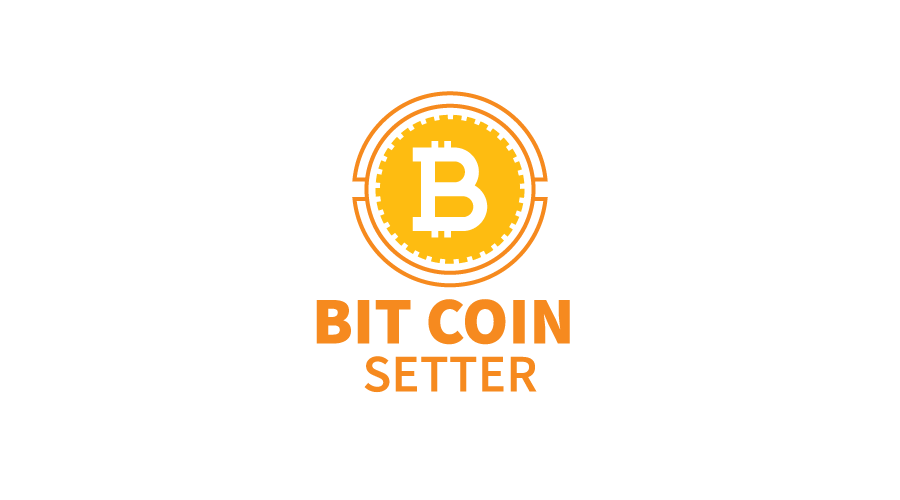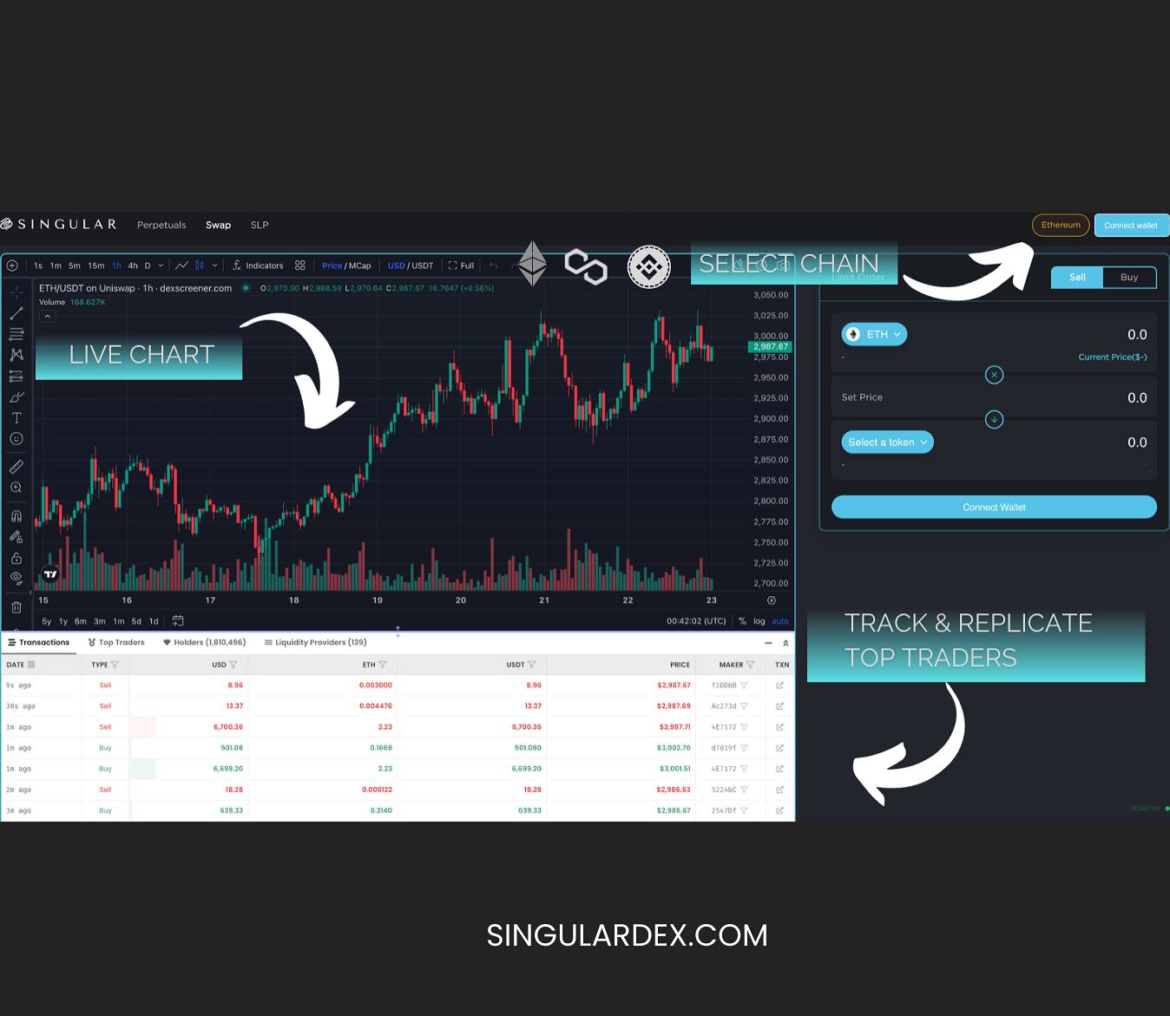In the fast-paced world of decentralized finance (DeFi), slippage is one of the most common — and costly — issues that traders encounter. It refers to the difference between the expected price of a trade and the price at which the trade is actually executed. While slippage may seem like a minor inconvenience in small trades, it can quickly add up to significant losses for active and high-volume traders. Fortunately, the DeFi space is evolving rapidly, and new solutions are emerging to address this challenge head-on.
Understanding Slippage in DeFi
Slippage typically occurs due to low liquidity or high market volatility. In traditional finance, centralized exchanges mitigate this with deep order books and regulated trade execution. However, in DeFi, trades are executed on automated market makers (AMMs), which rely on liquidity pools rather than order books. When a trader initiates a large transaction relative to the pool size, the trade can shift the asset price within the pool, resulting in slippage.
This issue is particularly evident in Dex Trades, where traders operate on decentralized exchanges without intermediaries. The lack of centralized control enhances privacy and autonomy but also creates unique challenges in trade execution, particularly during volatile market conditions or when trading lesser-known tokens.
The Role of Aggregators in Minimizing Slippage
One of the most effective strategies for reducing slippage is the use of DeFi aggregators. These platforms scan multiple liquidity pools across different Defi Trading Platforms to find the most favorable rates for a trade. Instead of executing an entire trade on a single decentralized exchange, the aggregator splits the order across several pools, helping to secure a better average execution price and reduce slippage.
By leveraging this technology, traders gain access to deeper liquidity and more efficient routing of their orders. This not only improves pricing but also minimizes the impact of large trades on the market.
Smart Order Routing and MEV Resistance
Advanced smart order routing protocols are another innovation contributing to slippage reduction. These protocols automatically direct trades through optimal paths, reducing exposure to price impact. Many newer decentralized exchanges are also incorporating MEV (Miner Extractable Value) resistance mechanisms to ensure that traders’ transactions aren’t exploited by front-running bots. This helps maintain fairness and consistency in trade execution.
Additionally, slippage can be mitigated by choosing platforms that allow users to set a maximum slippage tolerance. If the market moves too far from the intended price, the trade is canceled automatically, preventing unwanted outcomes.
Dynamic Liquidity and Layer 2 Scaling
Dynamic liquidity provisioning, where liquidity pools adjust their parameters in real time based on market conditions, is becoming more common in DeFi. This reduces the volatility within a pool and limits the chances of significant slippage. Layer 2 scaling solutions, such as rollups and sidechains, also help by enabling faster and cheaper transactions. This makes it easier for traders to adjust their positions quickly, without triggering drastic price changes that cause slippage.
As Dex Trades grow in volume and complexity, these technologies are essential for maintaining a seamless and efficient trading experience.
Empowering Traders Through Better Platforms
Traders are no longer limited to basic trading functions. Modern Defi Trading Platforms offer comprehensive tools, such as real-time analytics, limit orders, and professional portfolio management interfaces. These features provide greater control over trading strategies and reduce the need for urgent market orders, which are more prone to slippage. Educational resources are also becoming more widespread, equipping users with the knowledge to minimize risk and optimize execution.
Conclusion: Choose Singular DEX for a Smarter Trading Experience
As DeFi continues to expand, platforms that prioritize user experience and innovative trade execution strategies stand out from the crowd. Singular DEX is a next-generation decentralized exchange that addresses slippage with advanced liquidity aggregation, smart order routing, and MEV-resistant architecture. With support for a wide range of tokens and networks, Singular DEX offers a powerful solution for both novice and experienced traders looking to enhance their trading efficiency and reduce slippage across all market conditions.



